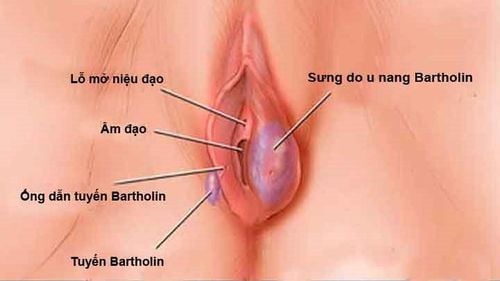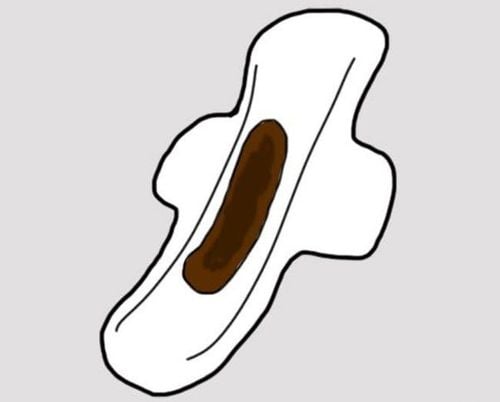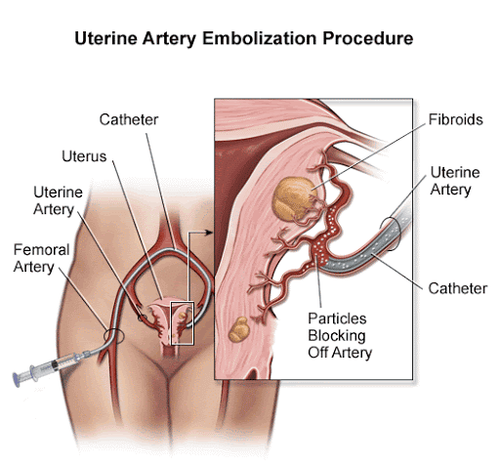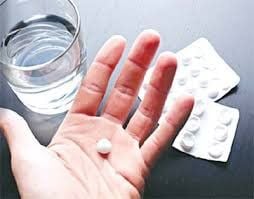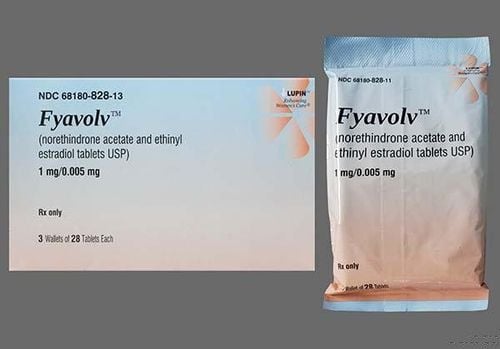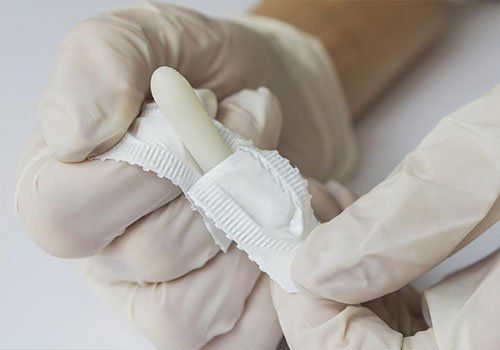This is an automatically translated article.
Vagina is one of the organs that play an important role in the female body, helping to satisfy physiological needs and perform reproductive functions. However, over time, under the influence of the aging process, the vagina will not be maintained in its original state. So how to keep the vagina healthy at any age?
1. Vaginal care in your 20s
In your 20s is the time when a woman's vagina is at its best thanks to the highest levels of sex hormones such as estrogen, testosterone and progesterone. In particular, estrogen is a hormone that plays an important role in keeping the vagina lubricated, elastic and acidic, preventing infection.
The vagina is surrounded by two sets of skin folds called labia majora and labia minora. The labia majora contains a layer of fatty tissue, and in the 20s, the labia majora is usually full, while the labia minora is usually thin, light-colored, and located inside the labia majora. This is also the age when sex drive is at its highest. People who have sex often are more susceptible to urinary tract infections because bacteria move from the vagina into the urethra. So, to reduce this risk, urinate right after sex to flush bacteria out of the urethra.
The vagina has the ability to self-clean by producing a milky or clear discharge, also known as discharge or vaginal discharge. The amount of vaginal discharge will be affected by the hormonal changes that take place during the menstrual cycle. So, in your 20s, just daily cleaning with a mild cleaning solution or water is enough to keep the vagina healthy. However, if symptoms such as pain during sex, itching, foul-smelling or burning discharge appear, special care is needed.
2. Vaginal care at the age of 30
In your 30s, the inner lips may become darker due to hormonal changes in the body. During pregnancy, vaginal discharge will increase and be milky, slightly smelly. However, if the discharge is yellow, green or has an unpleasant fishy odor, it is a sign that there is an abnormal problem in the vagina.
After childbirth, the vagina will be stretched and the elasticity will decrease over time, most of the vagina will return to the size and condition close to the pre-pregnancy condition. To keep your vagina healthy, try postpartum exercises like Kegel exercises that will help strengthen the pelvic floor muscles and restore a firm, elastic state to the vagina.
Oral contraceptives can also cause vaginal changes such as increased discharge, bleeding, and dryness. These symptoms usually go away on their own when you stop taking the medicine, but if they persist you should see your gynecologist. Usually, you will have to try many different birth control pills to find the right one for you.
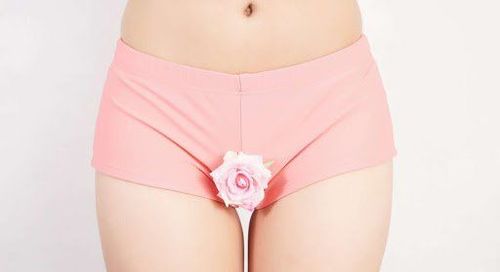
Âm đạo ở độ tuổi 30 của phụ nữ cần được quan tâm và chăm sóc
3. Vaginal care at the age of 40
The age of 40 is the age of perimenopause, this is the period before menstruation stops completely. So the vagina undergoes significant changes at this age. As estrogen levels in the body decrease, the vaginal wall becomes thinner and drier. This is also known as vaginal atrophy and can cause problems such as:
Burning Painful intercourse Decreased vaginal discharge causing dryness Burning while urinating Vaginal shrinkage Itching Increased risk Chances of contracting sexually transmitted diseases Regular sex in your 40s will increase blood flow to the vagina and keep it elastic, which in turn helps slow down vaginal atrophy. In addition, vaginal gels or moisturizers or topical estrogens also work to combat vaginal dryness. Currently, on the market, estrogen comes in many different forms such as tablets, gels, sprays, patches and vaginal rings.
4. Vaginal care at the age of 50
By the time they turn 50, many women have gone through menopause and estrogen levels are quite low or even depleted. The vagina will shrink and wrinkle. Vaginal atrophy is a common problem among women in this age group. Low estrogen levels not only affect the vagina, but also the urinary tract. Vaginal atrophy can occur in the urethra, leading to leakage of urine and overactive bladder, increased frequency of urination, urge to urinate, urinary frequency and incontinence.
Hormone therapy is the main way to keep the vagina healthy, by taking oral or vaginal pills will improve symptoms of vaginal atrophy and atrophy of the urinary tract. However, not everyone is suitable for hormone therapy and other remedies may need to be taken such as:
Do bladder training exercises Use a vaginal dilator to help improve elasticity Maintain a healthy diet Maintain a healthy weight Minimize or eliminate caffeine-containing foods Don't smoke Do Kegel exercises and other pelvic floor muscle exercises to help restore pelvic floor function Use a yin lubricant Use Vaginal Moisturizer

Liệu pháp hormone có thể được áp dụng trong chăm sóc âm đạo tuổi 50
In postmenopausal women there is also an increased risk of vaginal prolapse , especially in those who give birth vaginally and have a prolonged labor time . Vaginal prolapse is a problem that occurs when part or all of the vagina sags down the entrance to the vagina. Vaginal prolapse also affects other organs such as the bladder, uterus, and rectum. Signs of vaginal prolapse include a feeling of pressure in the pelvis, discomfort in the vagina, pain in the lower back when sitting or standing. Treatments for vaginal prolapse include the placement of a cervical lift to keep the prolapsed vaginal area in place, a combination of pelvic floor muscle exercises and, ultimately, surgery for the prolapsed vagina. cases of severe vaginal prolapse.
Vagina is one of the organs that play an important role in the female body, helping to satisfy physiological needs and perform reproductive functions. However, over time, under the influence of the aging process, the vagina will not be maintained in its original state. Therefore, to keep the vagina healthy at any age, you need to have regular gynecological exams, practice safe sex, do pelvic floor muscle exercises, ... and when there are abnormal signs such as have bad smell, pain during sex, vaginal itching, ... need to go to a medical facility immediately for examination and appropriate intervention measures.
To meet the needs of women's health examination and to ensure women's health, Vinmec International General Hospital now has a basic gynecological examination and screening package to help customers: early disease of inflammatory diseases makes treatment easy and inexpensive; Screening for early detection of gynecological cancer (cervical cancer).
When registering for the Basic Gynecological Examination and Screening Package, customers will receive:
Specialized gynecological examination Transvaginal Uterine Ovarian Ultrasound Vaginal Bilateral Breast Ultrasound Tests such as: Treponema pallidum rapid test, Chlamydia rapid test, taking samples for cervical-vaginal cytology, bacterioscopic staining (female vaginal fluid), HPV genotype PCR automated system, Total urinalysis by automatic machine .
Please dial HOTLINE for more information or register for an appointment HERE. Download MyVinmec app to make appointments faster and to manage your bookings easily.
Reference source: healthline.com



